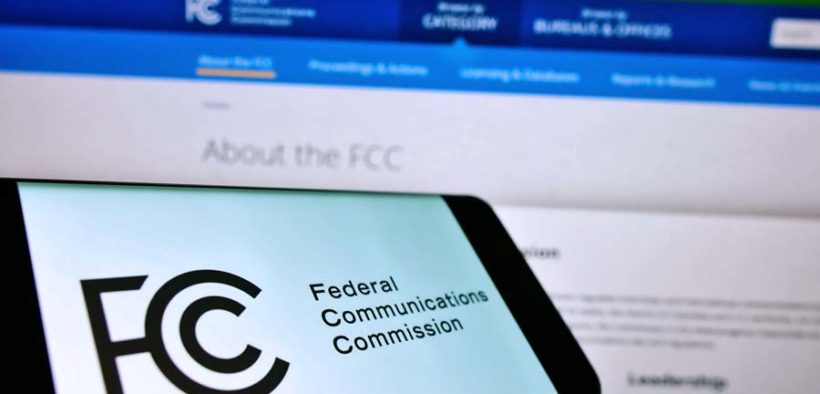FCC eases reporting rules for Puerto Rico broadband carriers

Temporary waivers apply to testing and compliance deadlines as providers shift to a new broadband location system.
The Federal Communications Commission has issued a public notice providing targeted relief and updated guidance for carriers under the Bringing Puerto Rico Together Fund and related broadband programs as they transition to a new reporting framework.
The FCC’s Wireline Competition Bureau said that carriers in the Puerto Rico Fund, the Rural Digital Opportunity Fund, and the Connect USVI Fund must now use Broadband Serviceable Location Fabric (Fabric) Location IDs when reporting service deployments through the High-Cost Universal Broadband (HUBB) portal. Previously, providers submitted addresses and geographic coordinates.
The updated requirement applies to all deployments as of Dec. 31, 2025, with certification due by March 2, 2026. After that date, older reporting formats will no longer be accepted to verify compliance.
Recognizing the scale of the transition, the FCC granted temporary waivers to ease the burden of compliance, including adjustments to performance testing and letters of credit requirements.
“We believe these special circumstances warrant deviation from our rules in very narrow circumstances,” the bureau stated, adding that flexibility was needed to align data systems under the new framework.
Carriers that have already met 2025 service milestones — such as reaching 60% or 40% of required deployment — will not be required to increase their letters of credit immediately, even if they cannot yet certify all required Location IDs. However, the waiver does not apply to deployment milestones set for December 2026 or beyond.
The FCC also temporarily waived broadband performance testing for Puerto Rico Fund carriers during the first two quarters of 2026. The pause will allow providers and the Universal Service Administrative Co. to update systems and subscriber sampling to reflect the Location ID format.
“Waiving performance measures testing for the first and second quarters of 2026 reduces the potential for miscommunication … and allows the carriers to focus on reconciling data,” the FCC stated.
Performance testing will resume in the third quarter of 2026, and penalties for noncompliance will be based only on results from the second half of the year. Carriers that fail to meet metrics during that period will face penalties beginning in 2027.
While declining to waive additional noncompliance measures, the FCC said the updated guidance aims to support a smoother transition for carriers in Puerto Rico and other U.S. territories. The changes are part of broader efforts to modernize broadband reporting while ensuring effective use of public funds.




